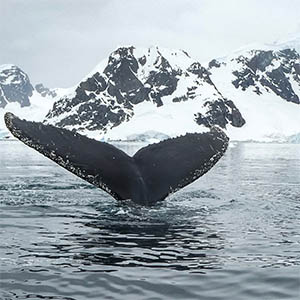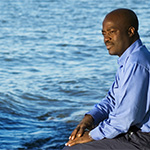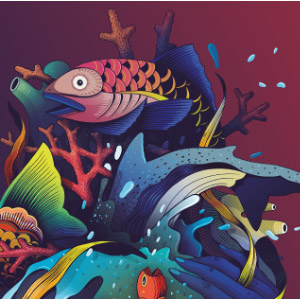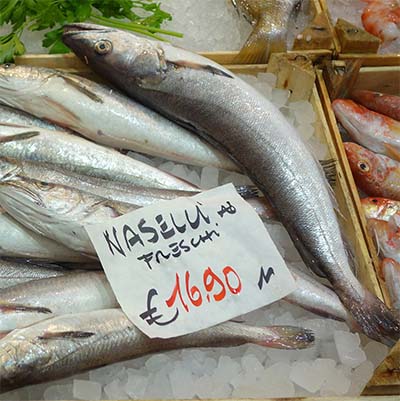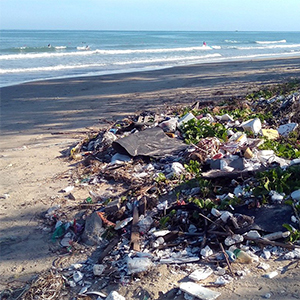Researchers call for action to stop exploitation of Antarctic waters
The critically important Southern Ocean is not being properly protected by its stewards, a distinguished group of scientists from around the globe have noted.
Rashid Sumaila wins RSC’s Miroslaw Romanowski Medal for scientific work relating to environmental problems
Prof. Sumaila is a UBC University Killam Professor, Canada Research Chair (Tier I) in Interdisciplinary Ocean and Fisheries Economics, and one of the world’s most innovative researchers on the future of the oceans.
B.C. ocean’s worth of almost $5 billion to GDP likely an underestimate
The ocean is very valuable to B.C., in terms of GDP, jobs, and income.
IOF professors head to United Nations Ocean Conference
Dr. William Cheung & Dr. Rashid Sumaila are off to Portugal for the United Nations Ocean Conference (UNOC), being held June 27 to July 1. Will participate in special side event: Fisheries Management as Climate Action, on June 26.
UBC-led team to find out how to feed the world while protecting nature with new grant
An international team led by UBC researchers will study five case studies across five continents to model a range of solutions to an urgent question: how can we feed everyone on Earth, and those to come, sustainably?
Scientists urge WTO to ban subsidies that promote overfishing
Scientists are calling on the World Trade Organization (WTO) to ban subsidies that can cause overfishing at its meeting next week.
WEBINAR: Subsidizing extinction: Subsidies, Sustainable Development Goals and the World Trade Organization
The video of this webinar is now available. Open this page to view.
Europe’s most valuable marine species “reduced to a fraction” of their current population size by 2100
Over one quarter of Europe’s 20 most highly-fished marine species will be under extreme pressure by 2100 if nothing is done to simultaneously halt climate change, overfishing, and mercury pollution
Dr. Rashid Sumaila wins SSHRC’s Impact Award, Partnership Category
Prof. Sumaila is one of the world’s most innovative researchers on the future of the oceans. He is also Project Director of the SSHRC sponsored OceanCanada Partnership (OCP), and it is for his work with this unit that he won the SSHRC Impact Partnership Award.
Instead of shopping this Black Friday, consider curbing your consumption
Drs. Juan Jose Alava and Rashid Sumaila are urging consumers to make the connection between what they buy on Black Friday and what eventually ends up harming our ecosystems—and our health.
